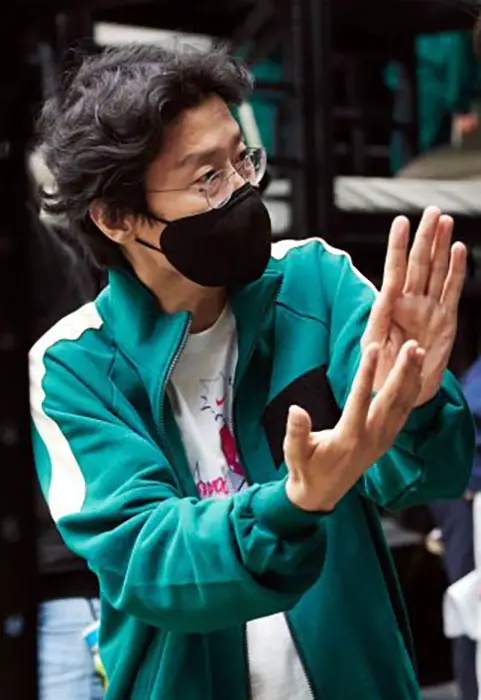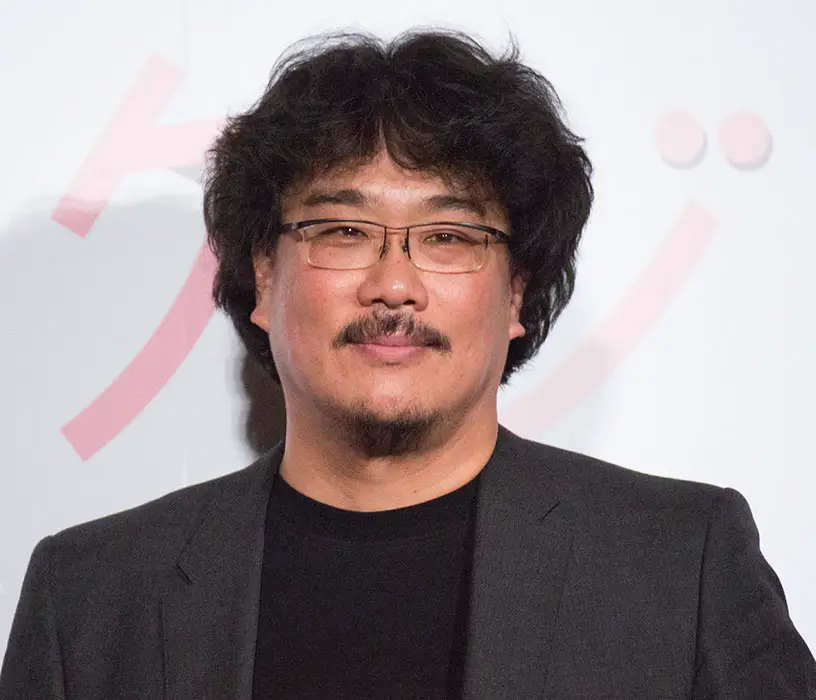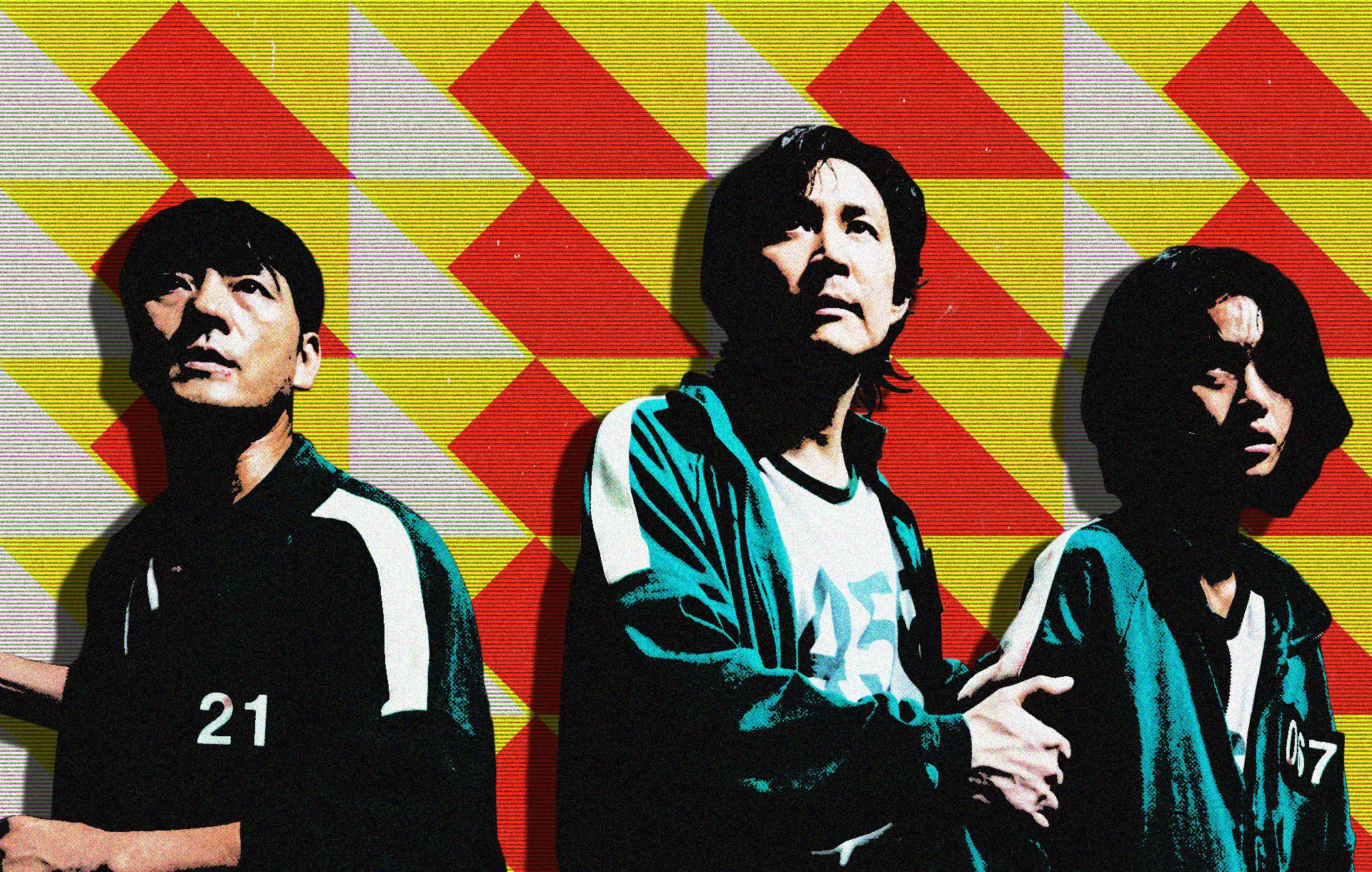As millennials, we were probably one of the last generations to experience what it was like spending hours outside playing games with our neighborhood clique. I distinctly remember the burning feeling of scraping your knees on the asphalt ground as we played tag, hopscotch, or the floor is lava under the scorching heat or pouring rain, and coming home all sweaty and late to a mother who has been worried sick.
Today’s generation won’t probably know what I’m talking about, but playground games were a huge part in shaping our critical thinking and social skills back in our formative years. We didn’t have the most sophisticated internet or social media platforms such as TikTok or Instagram to entertain us.
Netflix’s CEO Ted Sarandos has dubbed this series as the streaming giant’s most popular and biggest original series to date
So, when Netflix debuted its Korean survival game series, Squid Game (2021), it became a massive hit not only because it brought back fond memories of our childhood, but also uniquely elevated the experience on a deadly level. In fact, Netflix’s CEO Ted Sarandos has dubbed this series as the streaming giant’s most popular and biggest original series to date.
While the gore, violence, and realm are pure fiction, the story is grounded in universal themes, true-to-life characters, and complex social issues that our society is facing today.
Money Is the Root of All Evil
Squid Game is an underground contest on an isolated island wherein 456 strangers who are knee-deep in debt as well as struggling to make ends meet are invited to compete and given a chance to win a hefty amount of 45.6 billion Korean won. The contest entails playing a series of six games that the players grew up playing. It sounds easy and exciting, but the real catch is you die if you get eliminated. Unlike most of us who simply go home emptyhanded or with a bruised ego, Squid Game players who are unable to complete the challenge are brutally and mercilessly shot and incinerated. In short, out of the hundreds of contestants, there could only be one winner who would have the chance to live to tell the tale.

The original idea behind the story was inspired by a challenging time when Korean writer and director Hwang Dong-hyuk was financially struggling in 2008. However, the gruesome premise was inappropriate at that specific point in time so the idea was put aside and never saw the light of day until years later. When Netflix commissioned Hwang to write and direct a new Korean original series, he knew that it was the right time to utilize and further develop the idea he had years back and explore it through a popular Korean children’s game in the ‘70s known as the Squid Game.
I wanted to write a story that was an allegory or fable about modern capitalist society
Hwang Dong-hyuk
In an interview with Variety, Hwang said, “I wanted to write a story that was an allegory or fable about modern capitalist society, something that depicts an extreme competition, somewhat like the extreme competition of life. But I wanted it to use the kind of characters we’ve all met in real life”
The creative process for Hwang in writing the series was quite different than his usual process when writing films. It took him half a year to write and polish the first two episodes. After which, he turned to his trusted friends to help him improve the narrative. Despite rumors that Netflix is already devising a plan for its sequel, Hwang responded, “I don’t have well developed plans for ‘Squid Game 2.’ It is quite tiring just thinking about it. But if I were to do it, I would certainly not do it alone. I’d consider using a writers’ room and would want multiple experienced directors.”
The Game of Life
Aside from the intricate set-pieces, thrilling fight scenes, and complex plots, what truly sets Squid Game apart from other narratives of the same kind is the depiction of universal human struggles and social issues in today’s political and economic landscapes. Familiar themes such as financial inequality, classism, corruption, family, friendship, survival, addiction, and sacrifice are given emphasis in every scene. Similar to Bong Joon Ho’s award-winning masterpiece Parasite (2019), Hwang brilliantly exposes the inequalities and injustices in society brought forth by capitalism.

The games reveal the complexities of humans and the great lengths one would be willing to go, such as killing an innocent life, in order to survive and earn a living. Capitalist societies, frighteningly similar to the one we are living in, conditioned us that money makes the world go round. We eventually become slaves to our jobs for the sole purpose of making more money and being the best in what we do even if it compromises our well-being and relationships. We are always in a vicious cycle of competing with our peers, sometimes even engaging in corruption, just to get ahead of the game and get to the top of success.
The multi-dimensional characters represent us and the people we know too well in our lives. There’s Gi-hun, the main character who is unemployed, addicted to gambling, divorced, and unable to provide financial support to his daughter. Throughout his journey, he meets a Pakistani immigrant and laborer who is abused by his Korean employers, a young North Korean defector who supports her brother, a childhood friend who graduated from an elite business school but committed fraud amounting to billions, and an old man who seemed so kind and harmless but later turned out to be the mastermind of the horrifying game.
The greatest takeaway in the story is the reality that having wealth doesn’t equate to contentment
Looking at the big picture, we understand that the narrative at its core stresses how rich people or corporations who have limitless financial resources take advantage of the working class to the extent that gambling on the lives of these people is a mere game that gives them the most pleasure, overlooking the fact that they are dealing with innocent people who have families and loved ones to go home to. However, what was rewarding in the end, is Gi-hun’s transformation throughout the game.
Without spoiling things too much, ultimately, the greatest takeaway in the story is the reality that having wealth doesn’t equate to contentment in life. It’s true what they say after all – money can’t buy you happiness.
Squid Game’s remarkable global influence has just begun and there is no doubt that social impact narratives as ingenious as this will not only serve to entertain, but also effectively spark positive changes in society.




